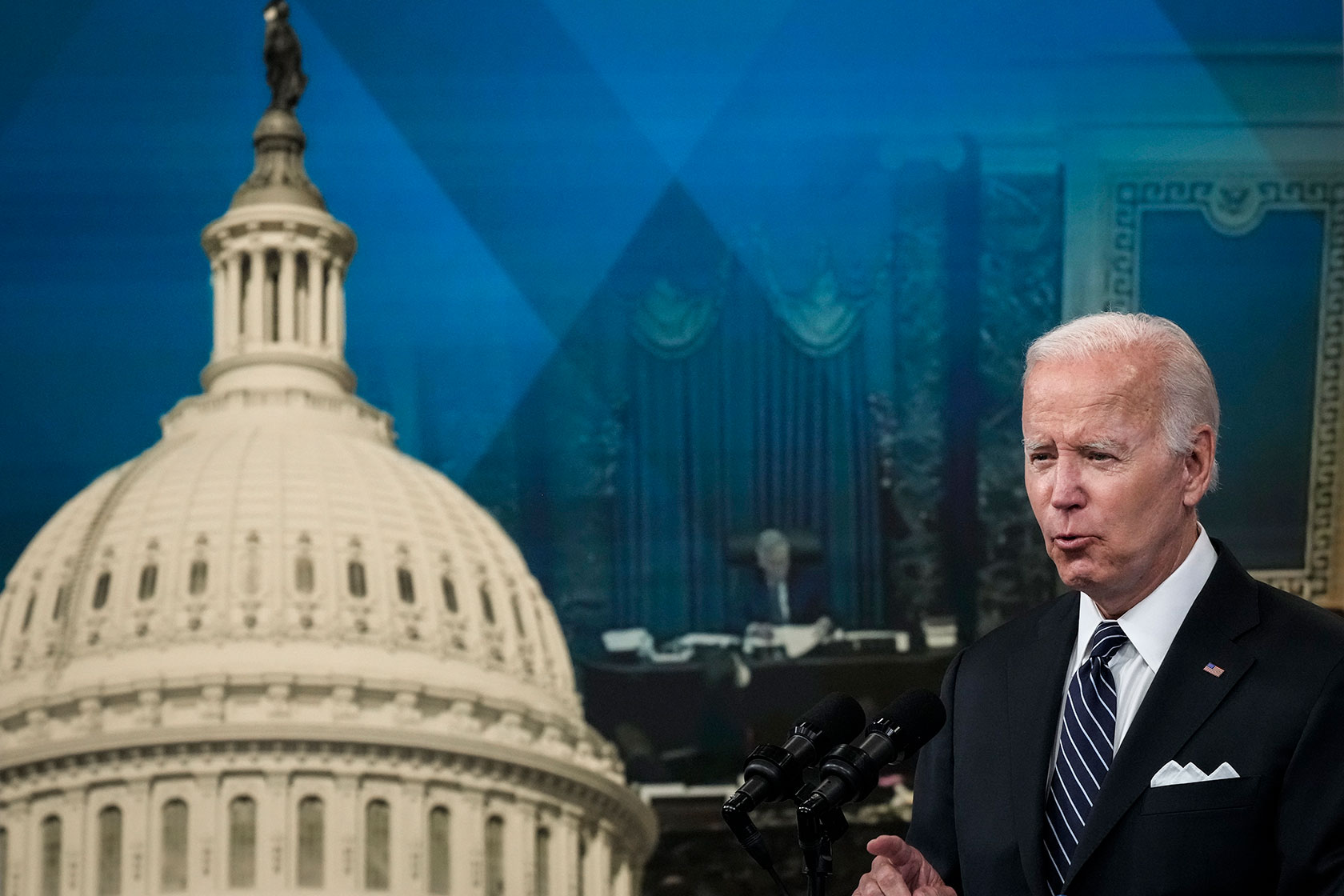He has.... glad you pay attention....
President Biden’s fiscal year 2024 tax proposal would impose new taxes on unearned income, while improving the child tax credit.

www.americanprogress.org
Key members of the new U.S. House of Representatives Republican majority have announced their intention to permanently extend the Tax Cuts and Jobs Act (TCJA),1 which the Republican-controlled Congress enacted in 2017. Signed into law by then-President Donald Trump, the TCJA slashed taxes for corporations and the wealthy and on the estates the wealthy pass on to their heirs. The law permanently cut the corporate tax rate and changed the way the United States imposes taxes on multinational corporations. It also included a temporary reduction in personal income tax rates along with other personal income tax changes that expire at the end of 2025.2 Overall, the measure was projected to increase the federal deficit by about $1.9 trillion over 10 years, according to the nonpartisan Congressional Budget Office.3 The wealthiest 5 percent of households received nearly half—42.6 percent—of the Trump tax cuts, with the top 0.1 percent receiving an average tax cut of $193,380 in 2018.4
Nearly all of the TCJA’s personal income tax changes sunset at the end of 2025. By including a sunset date, the bill was able to move through the Senate with no support from members of the Senate minority.5 This allowed the Senate to consider the bill using the reconciliation process, which requires that a measure not increase the deficit over the long term and that it fit within the reconciliation instructions—in this case, within the maximum deficit increase allowed by the budget resolution passed by the House and the Senate.6 Congressional leaders included an expiration date as a means to game the rules designed to impose fiscal discipline, as demonstrated by the fact that the vast majority of House Republicans approved a measure making the TCJA’s individual tax cuts permanent less than one year after the TCJA was signed into law.7
As part of his fiscal year 2024 budget proposal, President Joe Biden introduced a set of tax proposals that would reform and reverse some of the changes made by the TCJA and take ambitious steps toward ensuring that income from wealth is taxed comparably to that from work.8 Taken as a whole, the Biden proposal would substantially improve the equity of the nation’s tax code while raising revenues to support investments that will advance economic growth and opportunities and the well-being of American families. This issue brief examines and contrasts between the two sets of proposals, which offer starkly different visions for the future on the nation’s tax laws.

